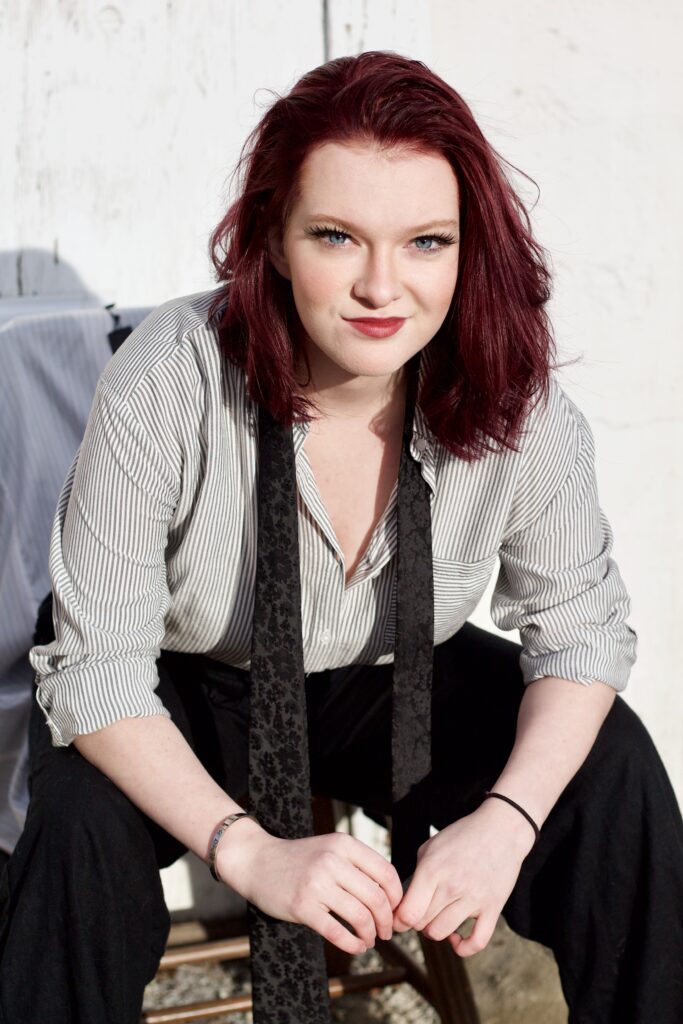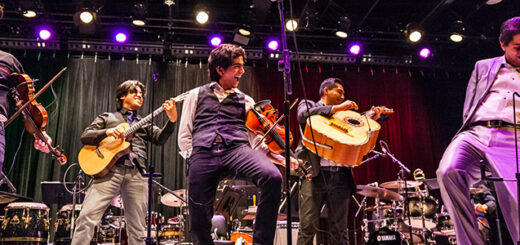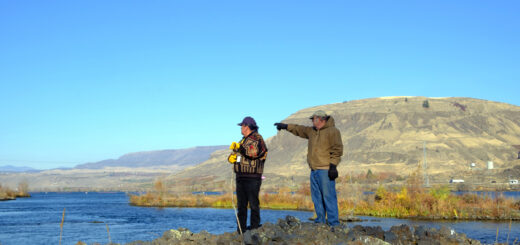Resilience: How some local students have learned to thrive and evolve during pandemic
We know that many students have struggled during coronavirus pandemic from loneliness, depression, anxiety and the like. In a recent column, I highlighted surveys taken by Wenatchee High School senior Kamryn Fowler and Kayla Helleson of Chelan Valley Thrive and the numbers they shared were deeply disturbing.
At the same time, some students have blossomed and grown because of the same experiences that their classmates have struggled to cope with.
Kory Kalahar, the principal at WestSide High School, recently met with a group of seniors to talk about graduation and took the opportunity to ask how they had been dealing with the topsy-turvy world of the pandemic, with social distancing and mask wearing the norm and the shift to online learning.
Kalahar asked them two questions: What have you lost because of the pandemic and how have you grown?
These two students, Aria Rumley Wells and Eva Graham Joiner, acknowledged what they lost — the connection to other students and staff, not being able to hang out and be kids, and the lack of personal interaction.
When asked about how they have seen themselves grow or learn new things, their insights and perspective were quite revealing.
“It’s all been good. I have grown and learned from a new experience,” Joiner told Kalahar. “We learned how to strive for relationships in different ways. We learned how to do things differently.”
“I learned empathy because I felt like I had a good experience and others had to struggle more than me,” she continued.
As for the future, she thinks the experience helped her develop greater flexibility and an ability to embrace challenges. “I grew and matured because I have been in tough times during this time by changing homes and families and having to monitor my own growth and learning.”
Wells offered a similar perspective. “Our family mantra is flexibility and humor in all things,” she told Kalahar. “Sometimes you just have to laugh or you will cry.”
“I have learned responsibility and managing relationships in this (social) distance world,” she continued. “I’ve grown in knowing what I have to do versus what I simply want to do. I have learned to manage my time and sanity to find balance.”
Since she was unable to control the social circumstances of social distancing, she focused on what she could control. She compared it to juggling and learning the skill that she could let go of some balls in the air and let them fall to the ground. “You can drop the plastic ones and the rubber ones but not the glass ones,” she told Kalahar.
The deeper insight Wells revealed was this: “We need to forgive ourselves, do less and lose some stuff, and gain better understanding and depth.”
She continued: “We cannot focus solely on the loss — to focus on it is to ignore the humanity of the situation.”
Both Joiner and Wells found value in slowing down, not trying to do everything, and focusing on the projects or relationships that were of greatest importance.
I think many of us struggle with trying to do too many things. We are human doings rather than human beings much of the time. These two outstanding individuals have learned the value of focusing on the virtue of being.
Those are life lessons that we can all take to heart. Students (and the rest of us) have been through a challenging ordeal. This is where growth and insight happens, as Wells and Joiner so beautifully demonstrate.
Or, as Kalahar told me, “we are in capable hands moving forward.”



